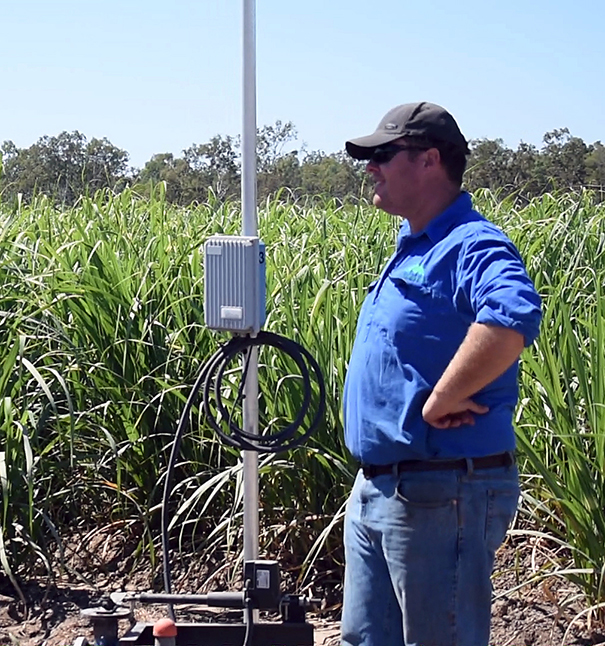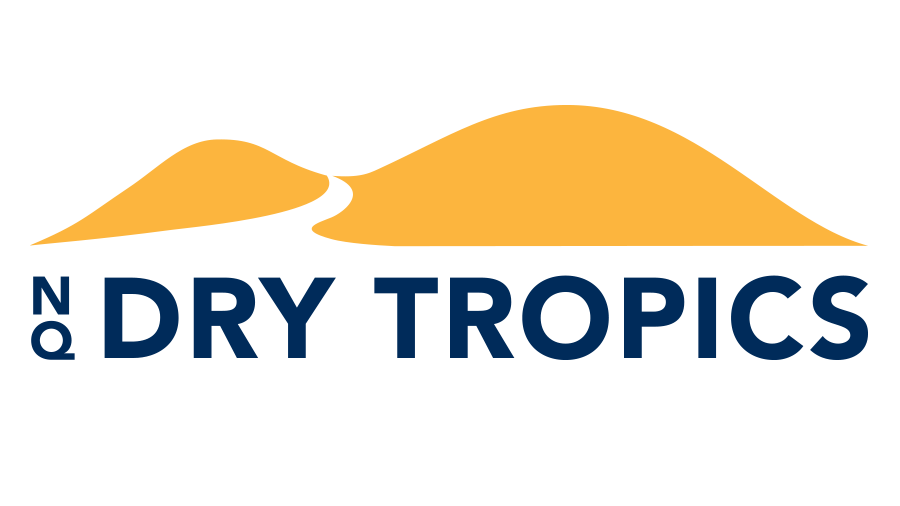ALMOST 30 Burdekin district cane farmers explored the benefits of automating their irrigation schedule at a workshop conducted by NQ Dry Tropics on Russell Jordan’s Upper Haughton River farm recently.
At the workshop, NQ Dry Tropics Project Officer Lisa Pulman demonstrated the benefits of automated irrigation to cane farmers participating in her project.
She said a big part of the cost of growing cane in the Burdekin was irrigating the crop.
“It’s important for farmers to get the right amount of water to their cane,” she said.
“Pumping too much water directly impacts their bottom line, but it can also adversely affect the environment, particularly local wetlands.”
Wetlands provide important ecosystem functions slowing down and spreading out flood waters, and reducing soil erosion during flood events.
She said minimising, or eliminating nutrient-rich run-off from excess irrigation could dramatically improve the health of important wetlands such as Horseshoe and Lilliesmere lagoons where the project was focused.
Automated irrigation can help farmers improve their water use efficiency by taking the guesswork out of matching irrigation to soil types, and farm conditions.
Automated irrigation expert Steve Attard from Agritech Solutions said the technology was as much about lifestyle as it was about economics.
“Sometimes, the correct time to turn off an irrigation set is at 3 o’clock in the morning,” he said.
“That’s no life.”
Horseshoe Lagoon cane farmer Steve Pilla, one of the participating farmers in the Connecting Cane Farmers To Their Local Wetlands project has been talking to Russell Jordan “for ages” about his first steps towards fully automating irrigation on his 200 hectare enterprise.
“It’s come a long way since Russell started,” Mr Pilla said.
“It’s more cost-effective and looks quite simple to use now.”

Horseshoe Lagoon cane grower Andrew Cross inspects some of the automated irrigation infrastructure on Russell Jordan’s Upper Haughton cane farm.
Andrew Cross, who manages 720 hectares of irrigated crops including cane at MH Premium Farms, Horseshoe Lagoon, was particularly interested in the benefits to the bottom line in his operation.
The added benefit of an automated system positively influencing the health of the local lagoon system and therefore, the quality of water reaching the Great Barrier Reef was a bonus, he said.
The workshop, which included a practical demonstration on Mr Jordan’s farm, was followed by a barbecue lunch.
Project Officer Shakira Todd who manages the Repeated Tenders project said the workshop provided an opportunity to discuss how automation could assist growers to be more efficient in their use of applied nutrients.
The workshop was co-funded by the Repeated Tenders – Burdekin project through the Australian Government’s Reef Trust and the Connecting Burdekin Cane Farmer To Their Local Wetlands Project through the Queensland Government Reef Water Quality Program.
For more information about the Connecting Burdekin Cane Farmers To Their Local Wetlands or Reef Trust Repeated Tenders – Burdekin project, email Lisa Pulman lisa.pulman@nqdrytropics.com.au or Shakira Todd shakira.todd@nqdrytropics.com.au, or phone 07 4799 3500.
Main photo: Burdekin cane growers (from left) Steve Pilla, Michael Minuzzo, and Russell Jordan at the Automated Irrigation shed meet at Russell Jordan’s Upper Haughton farm.
